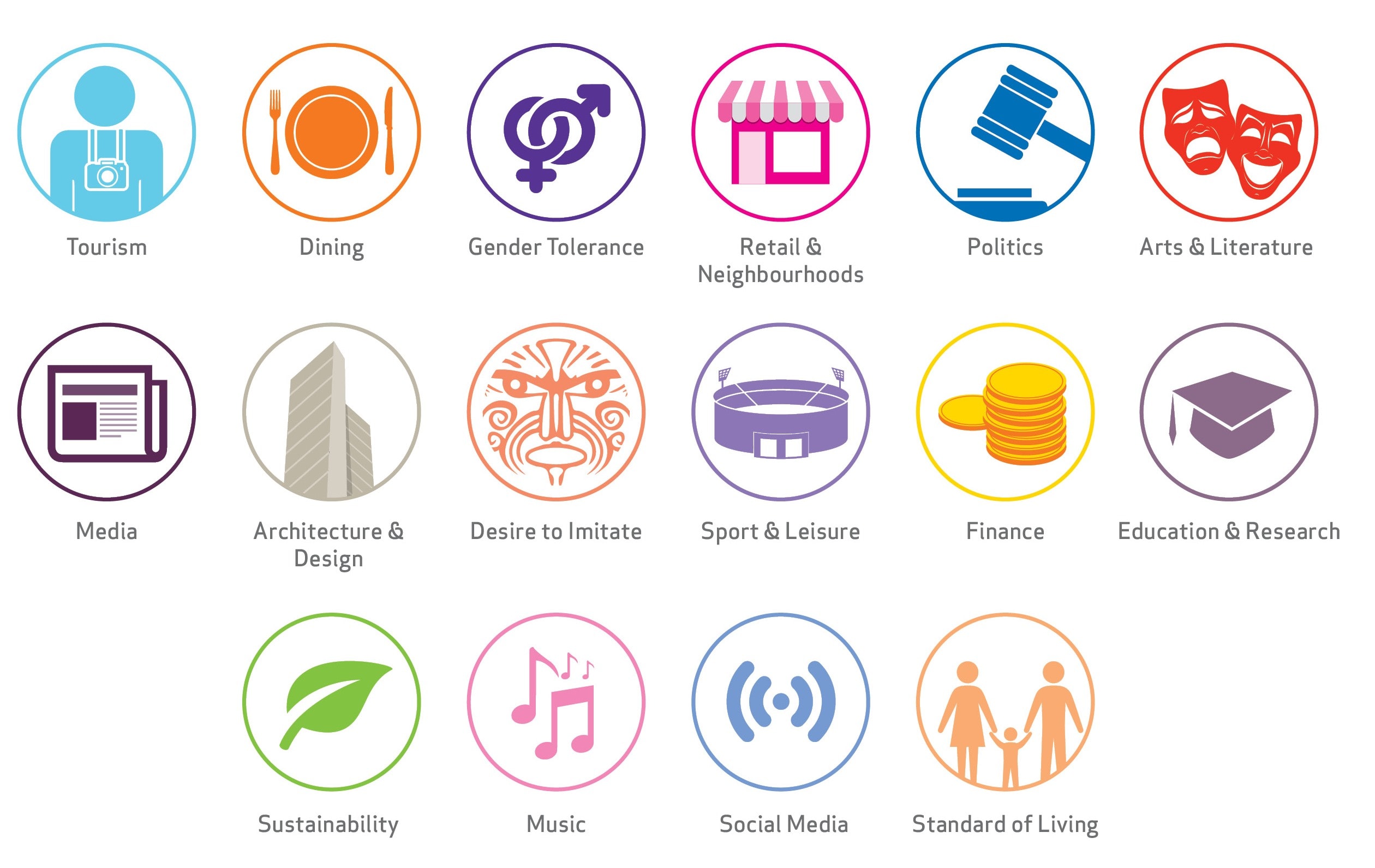 There are now more people living in cities than those who don’t. By 2030, 60 per cent of the world’s population will be city dwellers. The impact of this congregation of humanity is profound, leaving civic leaders grappling with the health, education, and infrastructure issues associated with intense urbanisation.
There are now more people living in cities than those who don’t. By 2030, 60 per cent of the world’s population will be city dwellers. The impact of this congregation of humanity is profound, leaving civic leaders grappling with the health, education, and infrastructure issues associated with intense urbanisation.
Managing those issues needs vision, political tenacity and creative clout – and it is the latter where governments are increasingly putting their attention. Innovative solutions to big problems come from those whose ideas and entrepreneurial spirit have a direct impact on the economic wellbeing of a place.
In 2015, civic leaders in Asia Pacific have two fundamental challenges: how to attract and retain the creative talent that can deliver innovative solutions whilst fostering a richer community and cultural experience; and how to better manage the massive economic burden of urbanisation and the opportunities that come with it.
And whilst civic leaders have to take direct and specific action to tackle such issues, they are demonstrating a growing willingness to draw on private support to do so. Greater alignment between the public, private and not-for-profit sector is inevitable.
For the public conscience, such an alignment has its sensitivities. The idea of a future populated by civic experiences that are “brought to you by Brand X” is unnerving. For brands, public sector collaboration is both an opportunity and a challenge.
To better understand the challenges facing Asian cities and to determine the core strategies needed to attract the right creative talent and advance their reputational strength, PR firm Weber Shandwick examined the impact of 16 “soft power attributes” (such as culture and values, see illustration) on city reputation.
The report, Engaging Cities: The Growing Relevance of Soft Power in Asia Pacific, draws on the responses of 20 experts in areas as diverse as media, music, design, retail, finance and the environment; and 4,147 residents from eight cities – Bangkok, Hong Kong, Kuala Lumpur, Seoul, Shanghai, Singapore, Sydney and Tokyo.

The results highlight some important areas of reputation strength. Tokyo’s position as a creative hub in the region played an important part in its top ranking across 10 of the 16 soft power attributes examined. Singapore’s approach to innovative sustainability and the environment underpinned the fact that it is considered to offer the highest standard of living too.
Elsewhere, Seoul’s modesty – reflected by the small disparity between the responses of residents and non-residents – shows a quiet confidence in its soft power attributes.
As one of the most dynamic and exciting cities in the region, Shanghai has made some impressive inroads in areas of retail experiences, music, media and education and research. And yet its reputation lags reality, something that may hamper its ability to become a soft power beacon in the short term.
Meanwhile, Sydney is considered to have the strongest reputation of all cities reviewed in sport and leisure infrastructure, contemporary architecture and design and gender tolerance – but rates as the least influential in food, culinary and dining experiences.
Given the importance of city reputation in a more challenging and competitive environment, the report pinpoints five imperatives that the more influential cities focus on:
Identity. Creating a city brand identity is an essential first step in fostering better understanding of a city’s total value and offering.
Neighbourhoods. Neighbourhoods are culture-clusters that showcase the unique and diverse attributes of a city to residents and non-residents.
Citizen Advocacy. Finding ways to stimulate residents’ endorsement as ambassadors of their home towns in other markets has enormous potential.
The Creative Classes. Creative people invent idea-led economies that bolster innovation in everything from music and technology to sustainability and design.
People Power. Cities that invest in a people-based service culture can enhance experiences and ensure that a reputation as “warm and welcoming” is advanced.
Background
This report looks at how eight cities in Asia Pacific are leveraging soft power attributes, beyond politics, economics and military might, to their advantage. For more information about Weber Shandwick’s Engaging Cities: The Growing Relevance of Soft Power to City Reputations in Asia Pacific, please contact Ian Rumsby.
Written by Ian Rumsby, chief strategy officer, Weber Shandwick Asia Pacific
PR Masterclass: The Intersection of PR and GEO
Join PRmoment for a Masterclass featuring 10 of the industry’s foremost experts. You will walk away with a clear, actionable strategy for adapting your content to an AI-first search environment.
Taking place on Wednesday 25th February in London, both virtual and in person tickets are available.
Early bird ticket sale ends Friday 9 January.
PR MasterclassIf you enjoyed this article, sign up for free to our twice weekly editorial alert.
We have six email alerts in total - covering ESG, internal comms, PR jobs and events. Enter your email address below to find out more:









